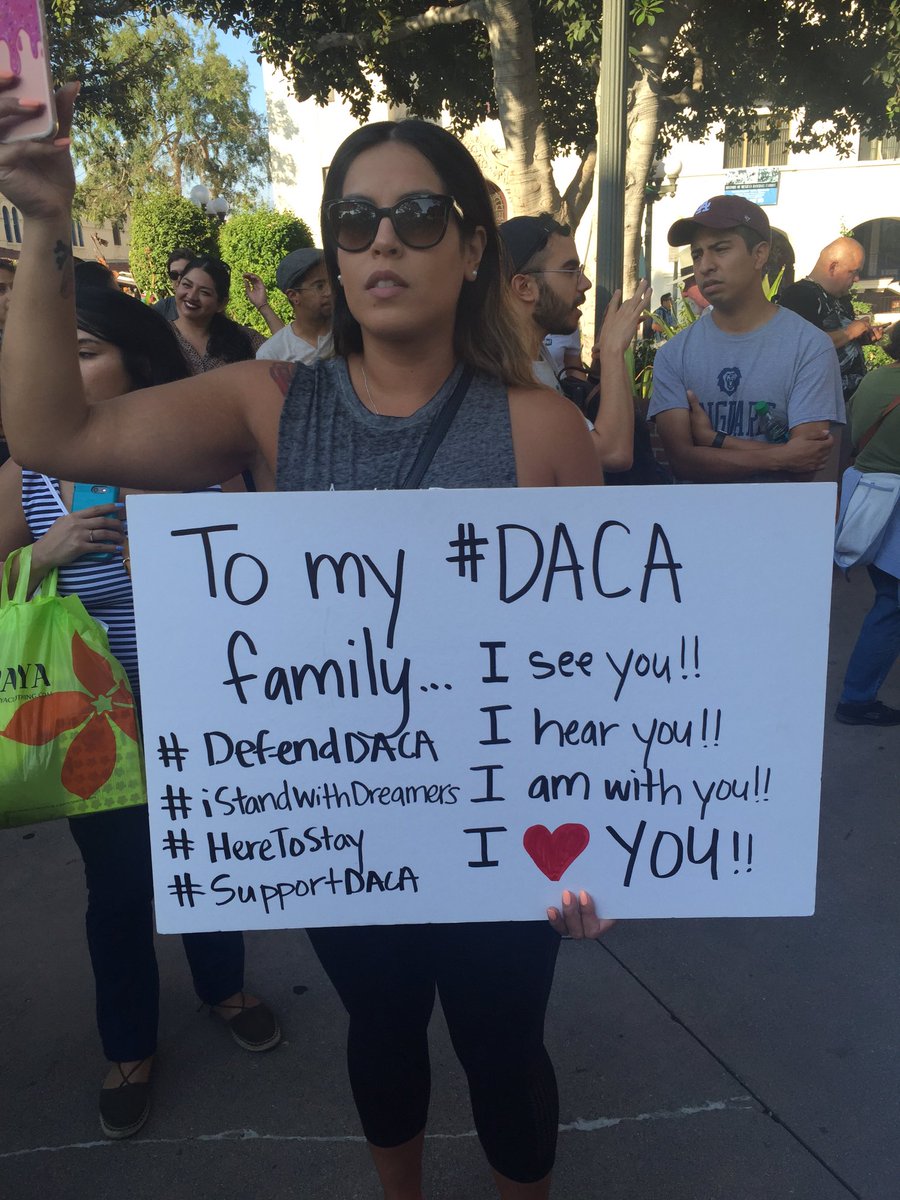Canada/United States: Undocumented Migrants, Refugees
"If I was a DACA [Deferred Action for Childhood Arrivals] recipient, I would not be trying to come to Canada irregularly. I think they should sit tight and wait and see what happens."
"That was a smart tweet on his [Trump's] part [that he would 'revisit this issue' if Congress proves unable to 'legalize DACA'] to sort of take back a little bit."
Ronalee Carey, Immigration lawyer, Ottawa
 |
There's quite a bit of false information going the rounds on social media; first, an uninformed and completely erroneous campaign to inform Haitians living temporarily in the United States under a visa granted them in the wake of the 2010 Earthquake and due to be lifted in January, that Canada would welcome their presence, no questions asked, causing thousands of Haitians to leave states like Florida for New York state, to slip over the border into Canada at unofficial sites, declaring themselves refugees.
 |
| African and Asian migrants whose countries do not have deportation agreements with Mexico come to the immigration centre in Tapachula to apply for temporary transit visas. Their destination used to be the U.S., but since Donald Trump took office, more and more are considering Canada. (Marc Robichaud/CBC) |
While they have been taken into temporary custody, provided with lodging, food, medical treatment, their applications for asylum are on shaky grounds, under the circumstances that they were already in a 'safe' country and Canada does not accept applications coming from those from such agreed-upon safe havens, and in any event refuses routinely up to 50 percent of refugee applications from Haiti, they haven't really improved their prospects for the future, leaving the U.S. in a panic.
Now the situation with the 800,000 children of undocumented and illegal people of mostly Mexican heritage in the United States is coming to a head, with the current administration considering whether it will revoke special status for them. The DREAM Act, enacted by former President Obama attempted to offer these children of illegals legal status if they joined the military or attended college. Most of them are employed by American companies who face the prospect of retraining replacement employees if these illegals are expelled; an endeavour costly to the country.
At the present time, though the Trump administration has succeeded in sending shock waves through the 'Dreamers' community, it remains unclear whether deportation orders will in fact go out to remove them from the United States. Immigration lawyer Ronalee Carey points out that any of the youthful illegals still under DACA protection deciding to enter Canada will likely not meet refugee status through Canada-specific criteria.
If, however, they took the route of channelling through normal immigration streams such as the Express Entry program for skilled workers they would achieve a path to permanent residency while others among them could arrive as international students as long as they could finance that option. Huron University College located in London, Ontario on Wednesday announced it was prepared to offer $50,000 scholarships to DACA students; a sum that goes a lot further in Canada for tuition than it does in the U.S.
Resulting in an exception in the Safe Third Country Agreement, Dreamers deciding to seek refugee status in Canada would have no need to cross the border illegally since Mexicans representing roughly 70 percent of DACA recipients, are exempt from its rule since as Mexicans no visa is required for them to come to Canada and they can legally then claim asylum at border checkpoints.
Another issue altogether affects Central Americans, expected to follow the Haitian flow from the U.S. into Canada to declare themselves refugees. They would not be aware in all likelihood, but at the present time Canada deports failed asylum claimants from El Salvador and Honduras back to their home countries in even greater numbers. And refugee claims are increasing; in the first three months of 2017 an almost equal number of claims for asylum were lodged as in all of 2016.
 |
| Migrants cross by raft from Tecun Uman, Guatemala, to Tapachula, Mexico. The migrant route through South and Central America, Mexico and the U.S. has become a popular one from asylum seekers coming from Africa and Asia and destined for Canada. (Marc Robichaud/CBC) |
While the number of Haitians declaring themselves refugees has slowed down to 100 per day, Canada is bracing for the increasing arrival of Central Americans as they too await the end of temporary protected status for the 350,000 Salvadorans and Hondurans now living temporarily in the United States and fearing deportation back to their home countries. The reason they may now head in huge numbers to Canada represents another instance of false news.
At the end of August, the Spanish language publication, La Prensa, published a fake report that the government of Canada would welcome Hondurans from the United States with temporary protected status. Evidently a community organizer claimed to have been given this information by the Canadian Embassy; a false claim as it happens, but this is the type of rumour that grows and expands and achieves its own legitimacy by constant repetition.
In response, and preemptively, the Liberal government has dispatched a Liberal Spanish-speaking Member of Parliament for outreach to Hispanics on a trip to Los Angeles to inform the Central American community there that what they've heard and believe is far from reality, and to re-think any plans to storm across the border from the United States into Canada as a reprise of the Haitian influx.

Labels: Canada, Controversy, Migrants, Refugees, United States
0 Comments:
Post a Comment
<< Home